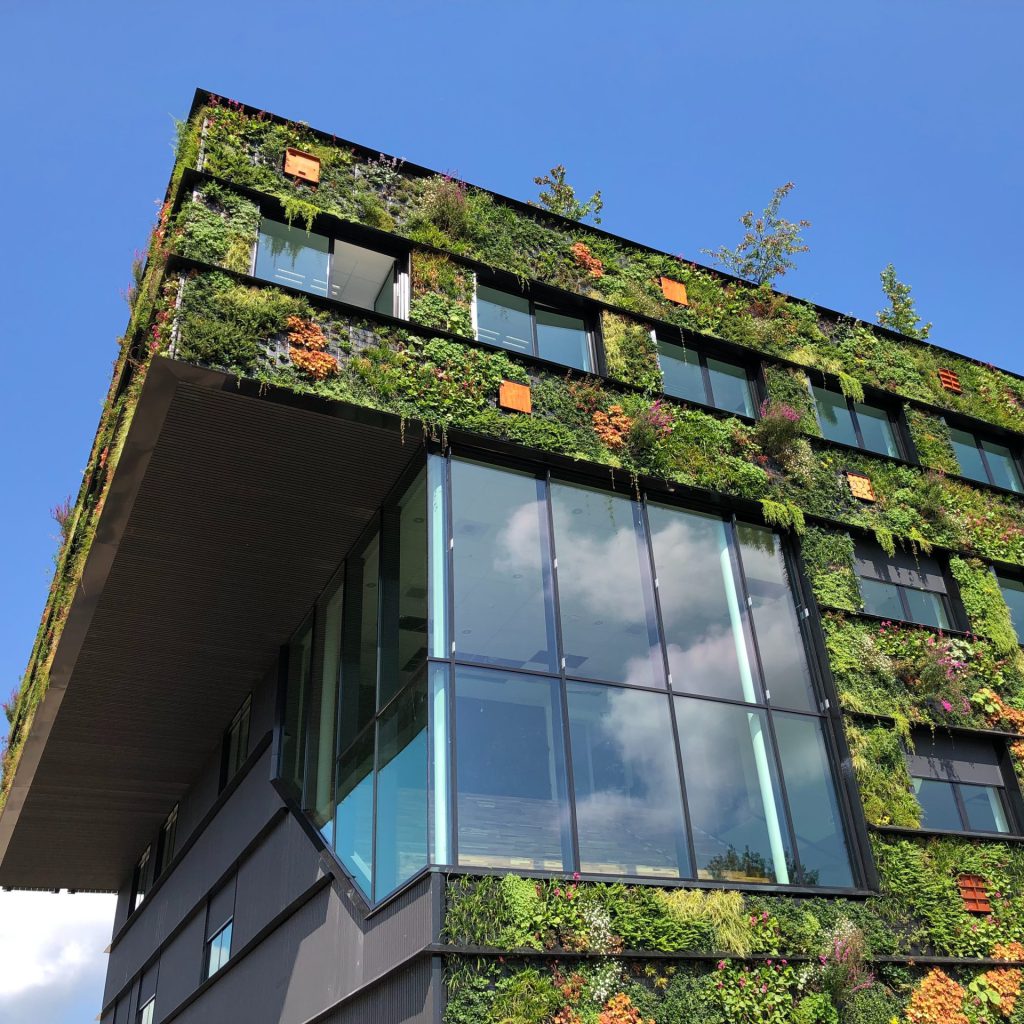Method for determining the tender fee for an innovation partnership
Method for determining the tender fee for an innovation partnership
In preparation for the tender for innovative building concepts for sustainable, circular and flexible school buildings, Rebel created an assessment framework that the City of Amsterdam could use to determine the tender fee.

The Challenge
The innovation partnership is a new tendering procedure for innovation-based purchasing. The working methods that are normal for other procedures are still to be devised for the innovation partnership, as is the determination of the tender fee.
The Approach
There are several factors and uncertainties involved in determining the tender fee for an innovation partnership. First of all, the market-based fee should lower the initial barrier to participation for market participants. At the same time, though, the fee itself should not be the main incentive; winning the bid should remain more important than participating. The fee should also be proportional. However, as the name suggests, an innovation partnership is about developing something new, and how do you determine the value of this new thing?
In order to best serve the municipality, we started with the case that was current at the time and provided insight into the applicable laws and regulations. As a result, we could also identify legal risks. This served as the basis for determining guide fees for the different possible R&D activities that we used to create the determination method. We presented the determination method itself as a calculation model. Gemeente Amsterdam plans to make the determination method available to other public clients in the future. This will ensure that our work has a lasting impact.
Impact
Our determination method greatly reduces the preparation time and costs for innovation partnerships in utility construction.

